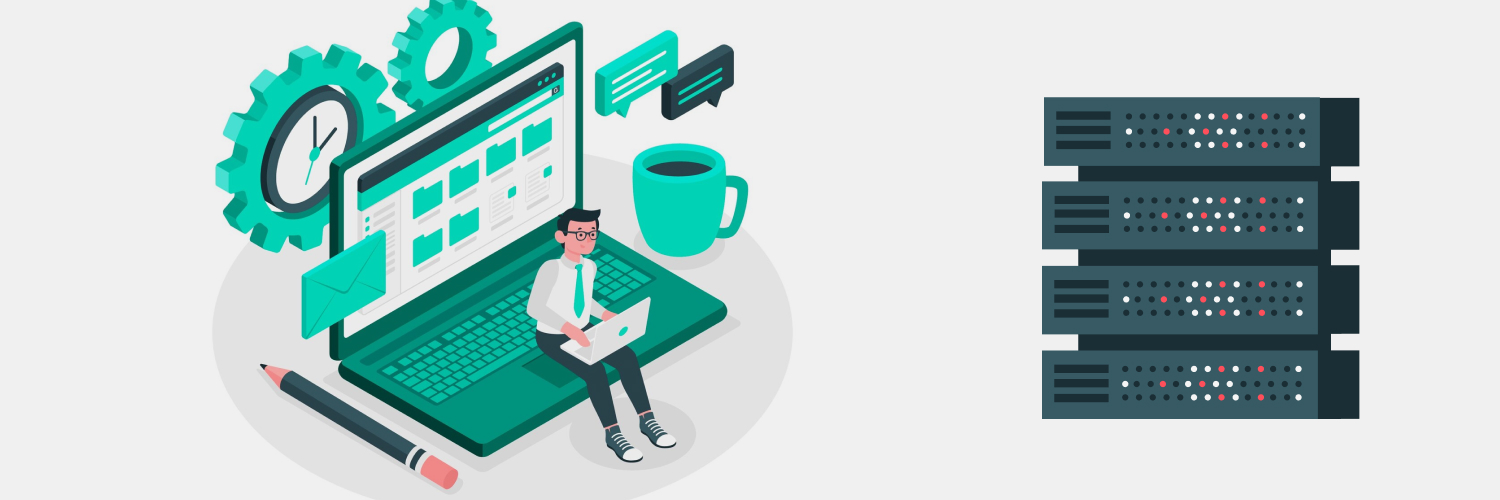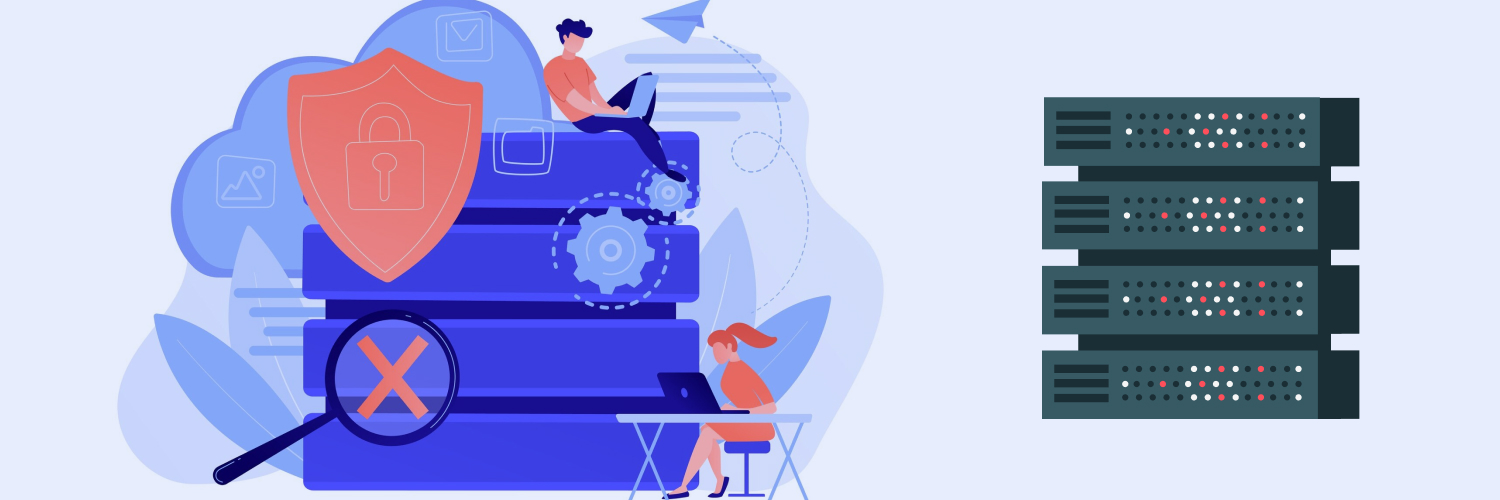HTTP vs Socks Proxy: What’s the Difference?
Hate it or love it, choice is a part of daily life. Should I buy this brand of shoes or that? Should I eat at that restaurant or another one? Rather than allowing the grand pool of choices overwhelm you, see it as an opportunity to learn and differentiate between the decision before you. Knowledge is your weapon. The more you know about two topics, the faster you will be at making important choices. The game of this versus that is reduced to a fun exercise for your mind.
Today, you are faced with another choice. I know, I know. But this choice comes with a lot of background information and definitions aplenty. Of course, I am referring to the ever enticing debate of HTTP vs SOCKS proxy. If you have found yourself reading this blog, you probably know the basics. Proxies shield your IP address and allow you to browse the internet with greater freedom. But proxies are complicated. In this blog, I will be exploring the differences between the two proxies, use cases for each, and the very best proxies available on the market today. It is time to get comfortable with definitive decisions.
Scrape at Scale With Chromium
Playwright-compatible. Self-hosted. Built for real infrastructure.

Table of Contents
Let’s Define HTTP vs SOCKS Proxy

First up, SOCKS. When you use a SOCKS proxy connection, you are utilizing a universal connection. This basic connection establishes a TCP connection with another server on the client’s behalf. It then uses the connection to route traffic between the client and the server. This type of connection is especially useful if you are operating behind a firewall because the only way to establish TCP connections outside of a firewall is through a SOCKS server.
Also, because the SOCKS protocol does not infiltrate data, it works with any type of connection. That means you can the proxy with HTTP, POP3, or any other protocol. Compatibility is no issue thanks to SOCKS. Keep in mind that in most cases, you will use a SOCKS4 connection but SOCKS5 is also common. SOCKS5 is the updated version of SOCKS4. For even more info on the two, check out our blog here.
Now let’s define HTTP. HTTP proxies are the most common proxies. An HTTP proxy operates at a high level and excels at filtering online content. This proxy has the ability to read and interpret web traffic, on the lookout for suspicious activity and compromised data. However, it is important to remember that HTTP proxies can only process requests from applications that use the HTTP protocol. It seems limiting, the good news is, a countless number of applications use the HTTP protocol in order to exchange information online.
What Is the Difference Between SOCKS Proxy and HTTP Proxy?

Now that we have established some contextual information surrounding our HTTP vs SOCKS proxy debate, next we must interrupt the definitions above. That is to say, based on how each proxy operates, what is the difference between a SOCKS proxy and HTTP proxy?
One of the main differences here is versatility. With SOCKS or SOCKS5, you have the ability to access any website using any protocols. I quickly mentioned the protocols above, but I think it is beneficial to dive a little deeper. Protocols are a kind of online language, a method of sending information from one part of the internet to another. Since the internet is vast, using SOCKS opens up that method of communication. With the help of this proxy, many different corners of the digital universe are unleashed. Plus, the updated SOCKS5 creates additional security thanks to the proxies’ authentication features. Reliable proxy providers often offer a range of authentication options, giving you more choice (which you will be totally ready for by the end of this blog).
In contrast, HTTP can only process requests from like applications. But that does not mean you need to rule out this type of proxy altogether. There are still major benefits. HTTP connections have the ability to interpret data and web traffic in a way that SOCKS protocols cannot. This is particularly useful when web scraping. For instance, if you are going to spend time scraping data from Amazon or Google, your HTTP proxy can interpret the data before it downloads and saves all of it to your device. This will save you a ton of time when you have to go back and interpret the data for yourself. If you do not want to sift through excess data, use an HTTP protocol proxy. Otherwise, get ready to dedicate a lot of time to sift through meaningless information.
One more proxy I would like to mention is the HTTP(S) proxy, which is similar to an HTTP protocol with one remarkable difference. This version of a proxy, which still utilizing request/response protocol, actually encrypts information, thus creating an incredibly safe environment in which to operate. However, the main proxies I have mentioned remain the most popular, but I did want to note this type if ever you run into the version while researching proxies. HTTP(S) functionality can be useful if you are looking to encrypt and decrypt the flow of web traffic.
Before you choose one proxy over another, consider all the ways you are going to need a proxy, the features that are non-negotiable, and the ones you can live without.
Scrape at Scale With Chromium
Playwright-compatible. Self-hosted. Built for real infrastructure.

How to Set up a SOCKS vs HTTP

In order to discuss setting up your proxy, we have to walk through the meaning of ports and their relation to proxies. The first step to take after purchasing your new proxy is to set it up on your browser. Setting a proxy up means tailoring the settings to your needs and adding the port number. For our purposes, ports directly relate to the protocol you use. Ports are virtual locations that live inside your computer. These locations are accessed using a number. When you assign your proxy a port number, you are allowing that particular proxy inside of that port, inside that virtual location.
When setting up your new proxy, keep in mind the following numbers. HTTP protocols tend to use port 80, while SOCKS protocols are, for the most part, able to use any port (remember the whole universal proxy protocol thing)? You will want to configure the port to meet the needs of the destination. So, if your destination is a website that uses an HTTP protocol, you will want to use a port that works with HTTP. Your computer’s default port is 1080, so if you initially have trouble setting up the port yourself, try and see if you are able to use your proxy with this port. Once you have put the new IP address given to you by the proxy provider and set up the port number, you will be all set you use your proxy as you wish.
If this information still makes you unsure about the HTTP vs SOCKS proxy, try and figure out the kind of protocol you favor the most.
Reasons to Use HTTP and SOCKS

With so many different ways to use your devices, why are earth should you care about HTTP and SOCKS? Here are a few ways you can use these two types of proxies in order to make your life easier and optimize your online presence.
Web scraping
When you pair a proxy with a web scraper, incredible things happen. Web scraping is an automated form of data collection. Web scrapers are told what information to search for within any given website and then go out, gather that data, and compile it into one neat document. HTTP and SOCKS are essential when it comes to staying safe while scraping. As I mentioned above using a proxy that capitalizes on HTTP protocol is your best bet while employing the use of a web scraper. One of the most popular websites you can access with a scraper is ScrapeBox. You can use the site to harvest keywords, search engines, proxies, and comments. It also checks links, downloads videos, creates RSS feeds, extracts emails, and more. Basically, if you have an SEO task that you want to have completed quickly, this tool can get it done. Best of all, it works with HTTP and SOCKS, so you do not need to change your protocols out to get started.
Remaining anonymous
Since proxies shield your original IP address, your online presence is safer and more secure. A huge draw of proxies is their ability to shield you from prying eyes, allowing you to do what you want while online, all without the threat of hackers or other nefarious happenings that occur on websites. Your identity is safe, and you can breathe easily while jumping from one tab to the next.
Bypassing geographic restrictions
Proxies free you of the limitations placed on your physical location. Say you want to access a game that is only available in Europe or Asia, your proxy does the difficult work of bypassing geographical restrictions put on online content. Choose the location in which you would like your proxy server to be located and see how easy it becomes to access your favorite games, shows on streaming sites based in other countries, and websites that are otherwise blocked. As if the online world were not big enough, proxies give you even more places to find information and enjoy the content.
The Best HTTP, HTTP(S), and SOCKS Proxy Available

Enough chatter on the HTTP vs SOCKS proxy debate, it is time I introduced you to the very best proxy available on the market. Rayobyte is here to offer you high-quality proxies at very low prices. Not only do we offer proxies in 13 different countries and nineteen US cities, but we also have proxies that are specific to items you like to shop for online. When purchasing a proxy, you will be able to choose the number of proxies you need and the duration with which to keep the proxy. Plus, when you buy from Rayobyte, you are automatically given access to both HTTP and SOCKS proxies. And soon you will be able to use both simultaneously. This means the SOCKS vs HTTP proxy debate won’t be a point of contention. Best of all, our customer service team is ready and available to answer any and all of your questions about the best HTTP, HTTP(S), and SOCKS proxy available, setting them up, and how to use them. Trust Rayobyte to provide you with the best proxies and you will be bypassing geographic restrictions and staying anonymous in no time.
Final Thoughts on SOCKS and HTTP
With so much newfound information rattling around your brain, it is important to remember our first mission: making the right choice. Choice is a luxury; it implies that you have more than one suitable path to take. In the case of the HTTP vs SOCKS proxy debate, our choice is based on preference and how you will be using your proxy in the future. Here at Rayobyte we love giving you the power of choice and when you are ready to make a decision, we will be here, available to finalize your purchase and answer any final questions you might have about the next steps in the proxy buying process. Well done on your ability to take the leap and find a resolution to your proxy conundrum.
Scrape at Scale With Chromium
Playwright-compatible. Self-hosted. Built for real infrastructure.





